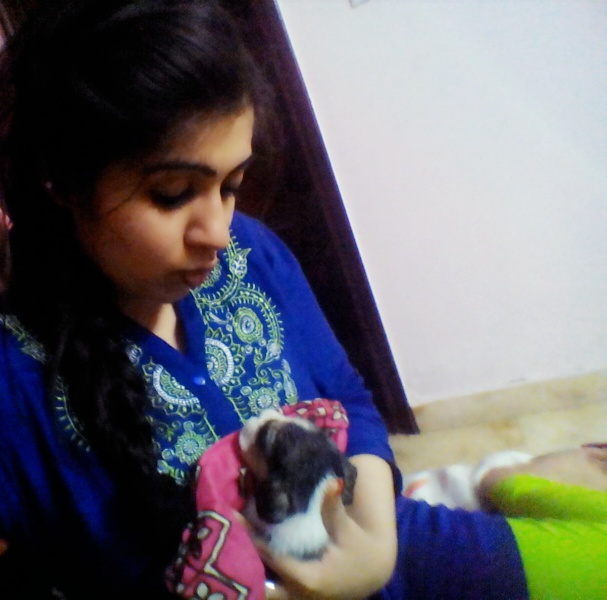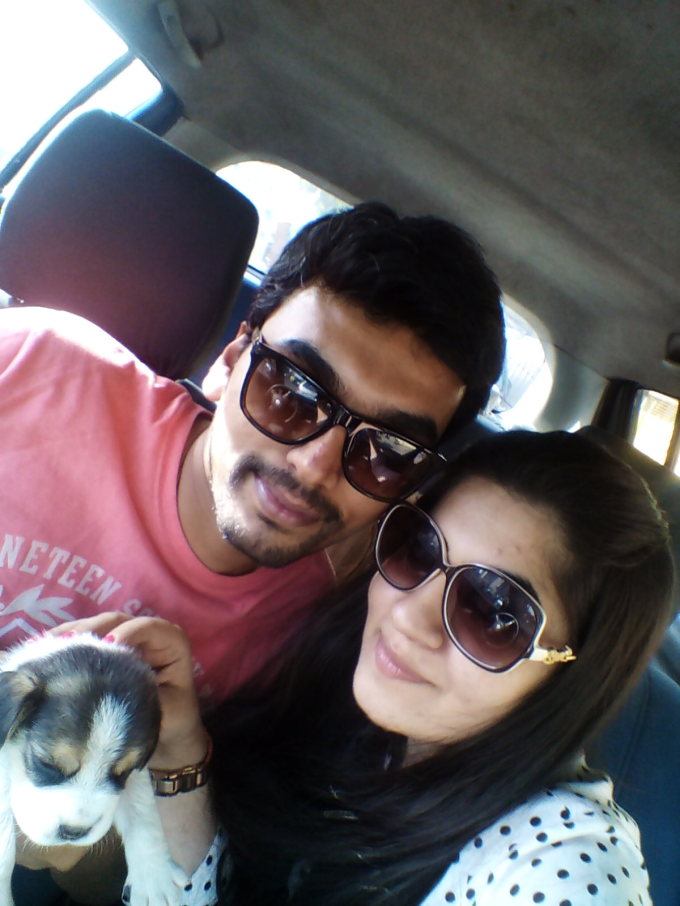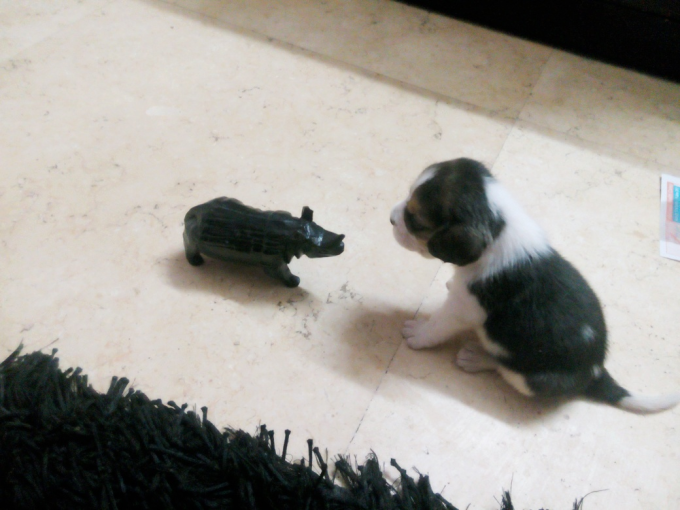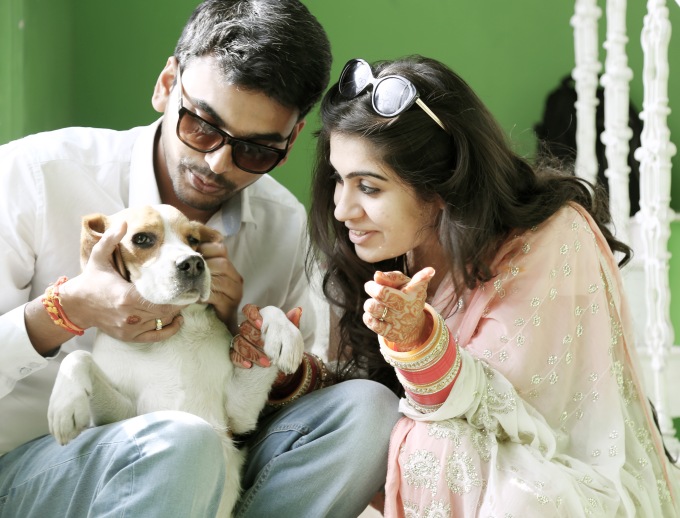Everyone
has in him something divine, something his own, a chance of perfection and
strength in however small a sphere which God offers him to take or refuse. The
task is to find it, develop it and use it. The chief aim of education should be
to help the growing soul to draw out that in itself which is best and make it
perfect for a noble use. – Sri Aurobindo
Need for Integral Education
Critically
speaking, the world seems to be in a state of crisis! The child is born in a
society which is defined by complexities and conflicts in every sphere of life
– kinfolks, politics, business, religion, caste & class, etc. From this
disappointing stance, education seems to be a promising redeemer which asserts holistic
development of the children through experiential learning. However, it is
dismaying that the current scenario of the education system appears to emulate
an industrial mindset. Knowingly or unknowingly, many educational institutions
and educators perpetuate practices of conformity, orthodoxy, disempowerment,
oppression, and life alienating thought forms. In order to empower and liberate
the minds of the children and facilitate a democratic society, a prudent
educational design based on the ideals of self-determination, open mindedness,
equality, freedom, and justice is requisite.
What is Integral Education?
In
the teachings on education by Sri Aurobindo and Mother, Integral Education or Free
Progress System emerges out as a viable solution to the concerns of
contemporary educational system. Sri Aurobindo focused on the transformation
and divinization of the child in a manner where the ignorance and suffering of
human beings are transformed into an infinite existence of mind, life and body
that is inwardly united with Divine and outwardly expressed as a holistic self.
Mother believed that complete education can never be achieved through academic
excellence alone. It should encompass five fundamental aspects of human being -
the physical, the vital, the mental, the psychic, and the spiritual.
Integral
Education proliferates that each child is a soul in the journey of evolution
and already has the knowledge. Moving away from mere information and skills
acquisition, it emphasizes on the self-development of the child triggered from
within and further nurtured by teachers and parents. The basic aim is to
facilitate the child on becoming the ‘whole’ or ‘integrated’ being that he is
meant to be by integrating surroundings, society, country and humanity with his
true self.
Sri
Aurobindo outlines the three principles of education that can preside over all
true learning. The following three principles are assisted by 2 processes of
nature which are, insatiable curiosity, and spontaneous imitation & hero
worship.
1. Nothing can be taught:
Since each child is a soul in evolution, the proper role of an educator is not
to impart knowledge but to guide the students in acquiring knowledge for
themselves. The true knowledge comes from within and can’t be obtained from acquiring
outside information. However, the provision of external resources along with an
enriching and stimulating environment helps to awaken the individual to his/her
latent potentialities.
2. Consult the mind in its growth:
Every child has a unique dharma, a Divine given duty and talent, and it is the
educator’s responsibility to help the students identify these innate abilities,
predispositions and interests, and to further cultivate them. Educators must
not impose any arbitrary set of ideas, knowledge, qualities or capacities
determined by others as it deflects them from their natural developmental
trajectory and estrange them from their souls leading them in wrong directions.
3. From the near to the far:
The child must be taught in a way where the knowledge grows from the senses to
more abstract faculties. Individual must be guided from what is already known,
accomplished and established to the outer extensions that are within the reach
but are yet unrealized and undeveloped.
Progressive Pedagogical Principles
Though the possibilities for the
enrichment of the educational process through the creative application of
integral principles are endless, following are some progressive pedagogical
guidelines which can enhance the teaching and learning process.
· Acknowledge
Multiple Intelligences: The internal source of reality is
the Psychic Being whose external focal point is the idiosyncratic Intellect. Depending
upon the diverse learning styles and varying strength of mental faculties, each
student has their own path to learning. All intelligence must be acknowledged
and nurtured as it is essentially one. Development of one intelligence possibly
assist in the development of the other forms of intelligence.
· Individuality
and Human Potential: Each child is unique and has something
different to offer to the classroom and the world. Treat and respect each one
of them as unique individuals. Adopt a personalized approach tailored
specifically according to their needs and talents. Encourage the child to
progress at his/her pace without any comparison or competition. Educators can
design some exercises which could take the form of extra challenges, special
creative exercises, extra classes or programs that suit their needs.
· Involvement
of Children: Educators must actively involve children
as imperative contributors in their journey of self-development. More freedom,
choice and power should be placed with the students in terms of what and how
they want to learn. Educators must attempt to relinquish the role of “sages on
the stage” to become “guides on the side”.
· Friendly
Atmosphere and Ethical Classroom: Holistic development
of children can be exquisitely undertaken by nourishing them in a
non-threatening, serene and natural environment. Classroom is the learning
laboratory for life and hence must encourage compassion, sensitivity, care,
respect, dialog, self-discipline. It should model community building and
quality relationships.
· Self-evaluation
as a Pathway for Lifelong Learning: Emphasize on cultivating
introspection and self-reflection in students so that they become conscious and
aware of their cognitive faculties, and understand values at a deeper level. This
will initiate a lifelong learning process as skills like innovation, expertise,
wisdom and leadership develop and deepen over adult years.
· Meta-learning:
Encourage children to “learn how to learn”, “think about thinking”
(metacognition), and understand the nature and limits of knowing (epistemology).
Education should fortify the learner’s ability to monitor, reflect and choose
the appropriate problem solving strategies for paramount outcomes.
· Awakening
creativity: In today’s complex modern world, success requires
creativity which includes considering multiple perspectives, hypotheses, or
alternate solutions and not pledging rigidly and swiftly to any single way.
Students must be encouraged to bracket their logical minds and open to other
forms of intelligence as and when required.
· Culturing
of Emotional Wisdom: Mother emphasized on education of the
‘vital’ and suggested that it should commence at an early age. In addition to teaching
children to observe their own impulses, reactions, desires and their causes; observing
others, accurately interpreting others’ feelings and influencing others’ emotions
through one’s own emotions are fundamental to one’s emotional wisdom. Educators
must introduce their learners to the rich legacy of human emotions that are
exhibited in poetry, music, art and literature.
· Sensitize
with Music: Music is not only one of the joys of life but can
also be one of the joys of learning! With the effective use of music, educators
can create a desired atmosphere and establish a positive learning state in
order to accentuate learning activities. Music facilitates a multisensory
learning experience that can enhance attention, memory, and imagination,
develop rapport, align groups, and inspire students.
· From
‘concrete’ to ‘abstract’: Till the age of around twelve,
the child’s mind is hardly open to any abstract notions, ideas and concepts.
Educators can still teach them using concrete images, symbols and fables. A
narrative, story, enactment of situations, introspection, collective games etc.
can be more impactful than any number of theoretical explanations.
· Pedagogy
for Authentic Learning: Most authentic learning happens
in social contexts, and often through peer tutoring, apprenticeship or
mentoring relationships, and collaborative learning. Encourage learning by
doing, case based learning, situated learning, discovery learning and inquiry
learning. Learning inspired from curiosity and personal engagement is far
superior and in depth than rote memorization.
Educators
following the integral pedagogy make a conscious effort to balance the inner
realities (visions, feelings, values, motivations, relationships) and the outer
realities (action, measurement, physical health, infrastructure etc.) of their
learners. They give themselves as much freedom to develop as they give to their
learners.
Conclusion
The
integral approach to education addresses many aspects of being a human
including spiritual growth, flowering of human potential and evolution of the
meaning-making capacity. The thoughtful, introspective and transformative learning
experiences tend to shape the learners into responsible and sensitive global
citizens.
This article is published in EducationMatters@ETMA, March 2015 issue.




















